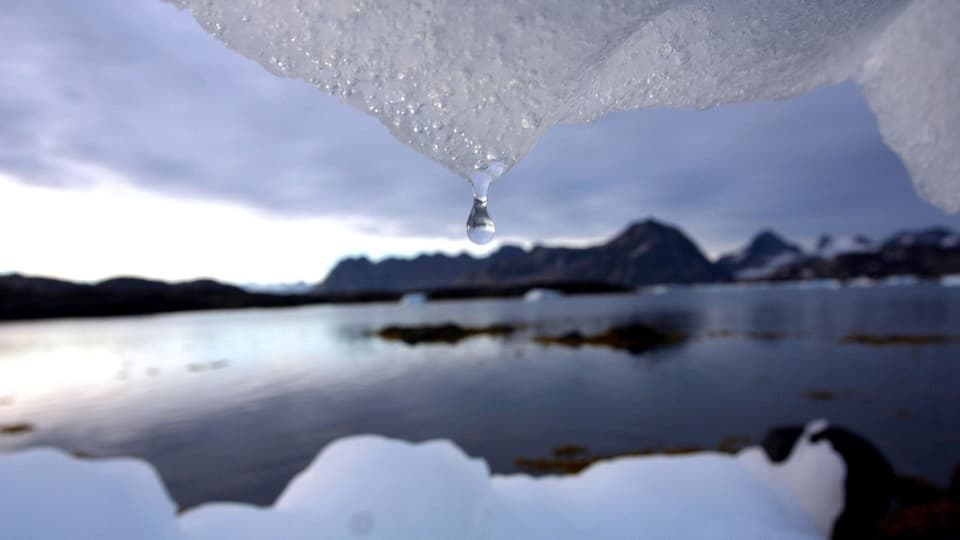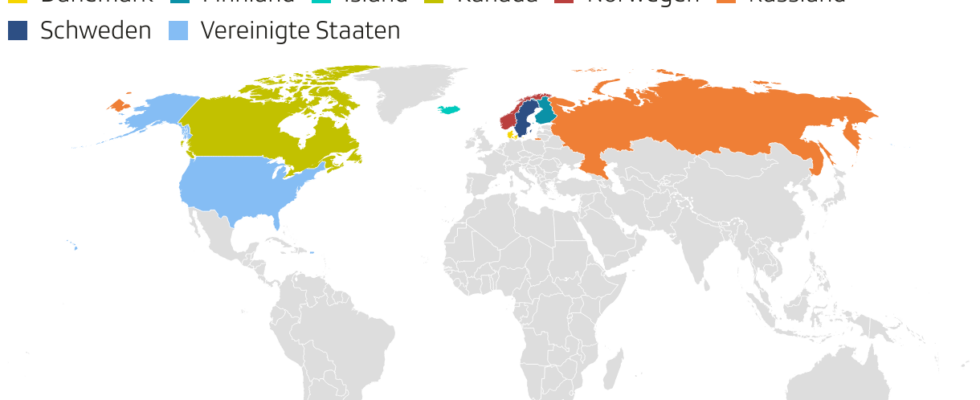Contents
The eight riparian states have been working together in the Arctic Council for a quarter of a century. After the Russian attack on Ukraine, this cooperation must be reinvented.
The Arctic Council is the most important cooperation body around the North Pole. For its Norwegian chairman, Morten Høglund, the Arctic plays a crucial role for the future of the earth: “We share common interests in this part of our planet.”
He names environmental and climate protection as his first priority. But the Arctic region is also playing an increasingly important role in questions of raw materials, transport and security.
The Arctic covers 16.5 million square kilometers. A good 75 percent of the area is covered with ice. Forty years ago it was over 90 percent. Almost half of the Arctic belongs to Russia, with seven other countries sharing the rest.
A political dialogue with Russia remains out of the question.
After Russia’s war of aggression against Ukraine began two years ago, the seven western member states of the Arctic Council – soon all NATO members – broke off cooperation with Russia.
And to date, there is no political dialogue within the Arctic Council with the organization’s most important member: Russia. “Given the situation, such a dialogue remains out of the question, but at the same time we are holding talks at a diplomatic level,” emphasizes the Chairman of the Arctic Council. He is currently considered Moscow’s main contact.
According to Høglund, this approach has made it possible to reactivate the cooperation in the Arctic Council that was broken off two years ago. The various working groups resumed their work last autumn.
Russia no longer pays contributions
In apparent contrast to this development, the Russian government recently announced that it would suspend its financial contributions to the Arctic Council. A first step towards leaving? “No,” says the Norwegian chairman: “We see this news as a signal from Moscow that it is pushing for a full resumption of cooperation in the Council.”

Legend:
Switzerland is also a member of the Arctic Council as an observer.
Keystone/AP/John McConnico
Given the major ecological, social and economic challenges in the far north, the West cannot afford to forego pragmatic cooperation with all North Pole neighbors, says Høglund: “We cannot choose our neighbors and must continue to do so in important areas work together.”
Cooperation in the Arctic Council could also provide the framework for how Russia can be increasingly embedded in global cooperation again after the end of the war against Ukraine – and thus the current geopolitical ice age could give way to a thaw.
